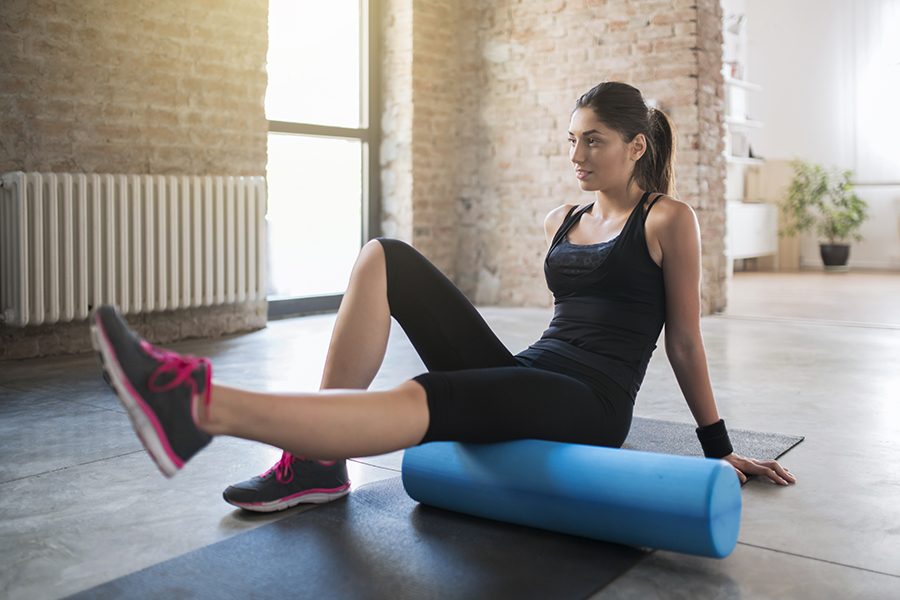Limber Up before Tearing Up the Streets on Marathon Monday
Zeamo and Alli Felsenthal lead a pre-marathon stretch for Boston runners.

Photo via istock.com/SrdjanPav
If you qualified for the Boston Marathon, this likely isn’t your first rodeo, but besides putting in the mileage, what else are you doing to prepare for the big race? Because, let’s face it, your body goes through a massive amount of wear and tear to endure 26.2 miles of non-stop (hopefully) running, and it deserves to be properly prepared.
One option is to join Alli Felsenthal, a certified personal trainer, for a free pre-marathon stretch class hosted by the fitness app Zeamo. The stretch will take place on Sunday, April 15 at the Boston Marriott Newton from 10 a.m.-11 a.m., giving participants the opportunity to limber up for the following day’s race.
Felsenthal, who is training for the marathon herself, says stretching can make or break your race. She includes self-myofascial release when she stretches, and with every client before their session. Self-myofascial release, most commonly known as foam rolling, involves massaging out specific body parts by rolling the muscle on a hard, foam cylindrical mechanism. Foam rollers vary in density, shape, and design, and other devices can be used as well.
“Self-myofascial release loosens up muscle fibers, increases blood flow, and is great for injury prevention,” she says. “This, paired with strength training, will really help an individual reap the full benefits of a workout by being able to perform exercises efficiently.”
She explains that the reason people are able to perform exercises more efficiently after having stretched out first is because stretching allows the body to move using its full range of motion. We’ve all seen those quarter squatters and half-rep bicep curls—no one wants that, plus it doesn’t really do much. “Stretching improves mobility of all muscles and prime mover muscle groups,” Felsenthal explains. “By taking care of our muscles before we run we can increase performance and prevent muscle tears. We want strong, supple, and healthy muscles.”
Felsenthal says the most common injuries from marathon running that proper stretching prevents are Runner’s Knee, Plantar Fasciitis, IT Band Syndrome, and Shin Splits. During her pre-stretch event she’ll be showing participants stretches for the hamstrings, hip flexors, runner stretches, dynamic warm-ups, and self-myofascial release practices that will help to prevent these injuries.
“I’m very passionate about spreading the word of just how important pre and post-stretching are to a sound, comprehensive training regimen,” Felsenthal says. “Even if you can’t make it, I hope you will find some time to get your stretch on both pre- and post-race.”
Free, Sunday, April 15, 10 a.m.-11 a.m., Boston Marriott Newton, 2345 Commonwealth, Newton, eventbrite.com.


